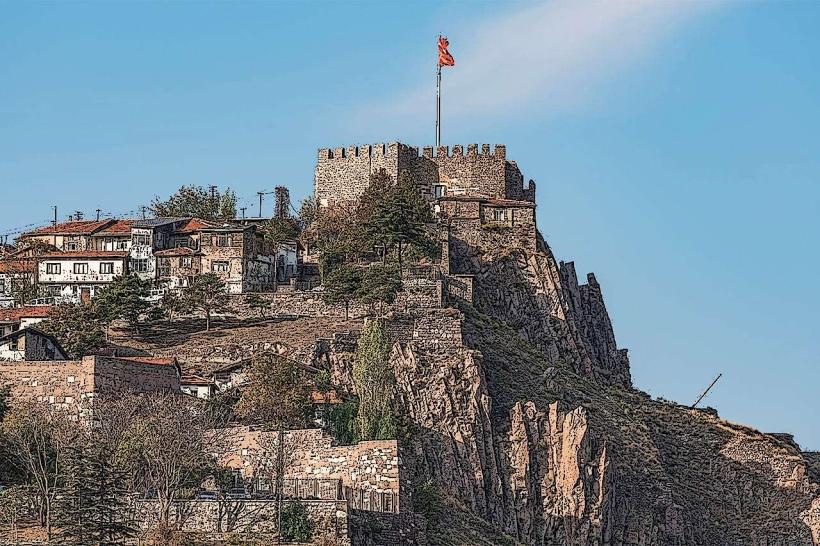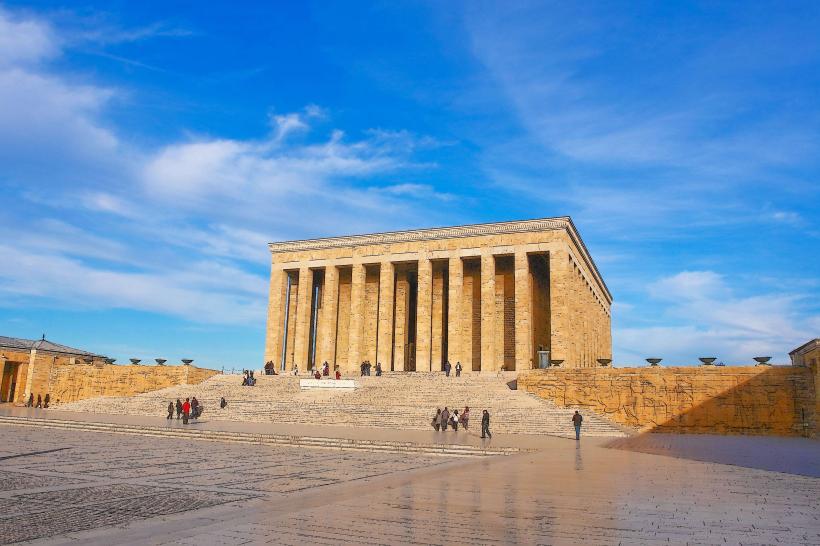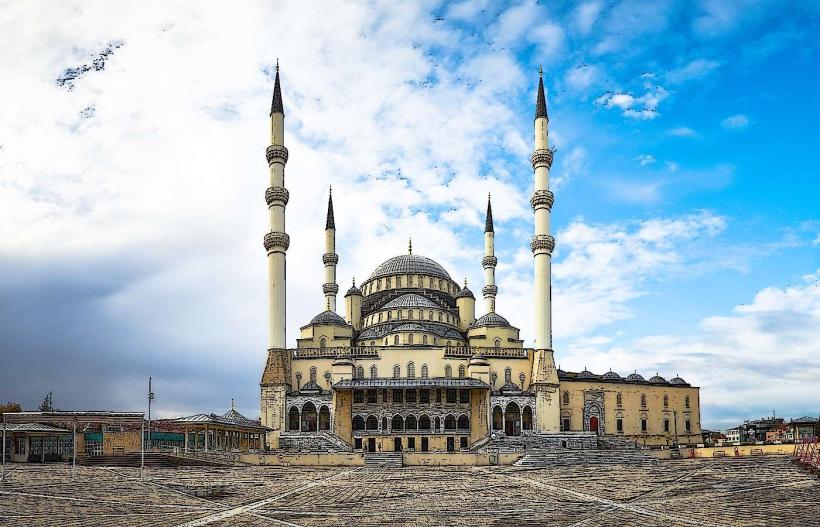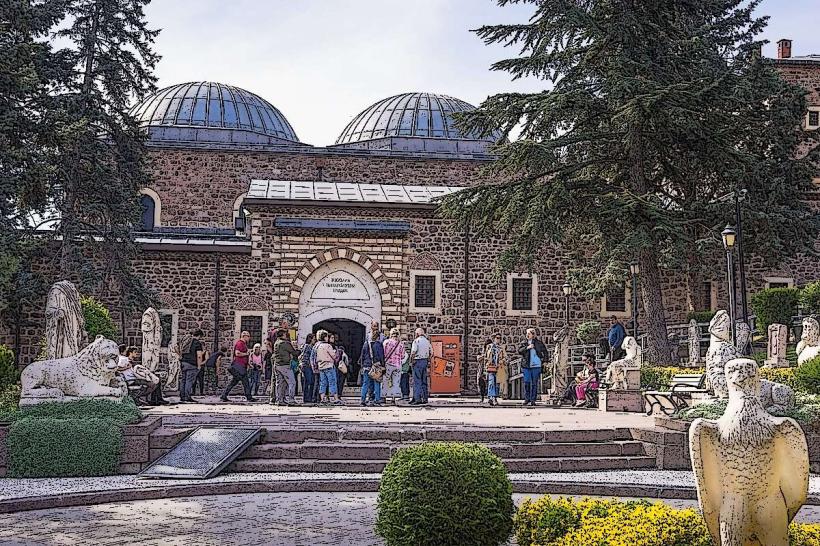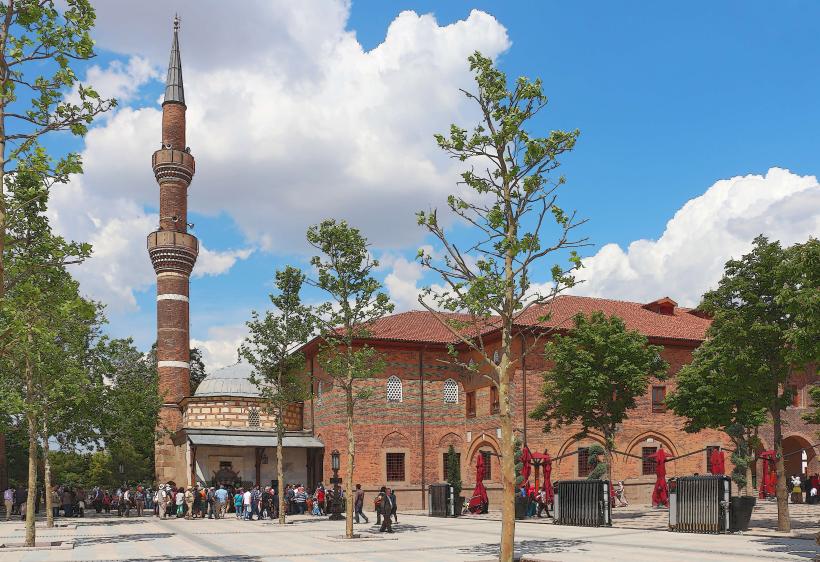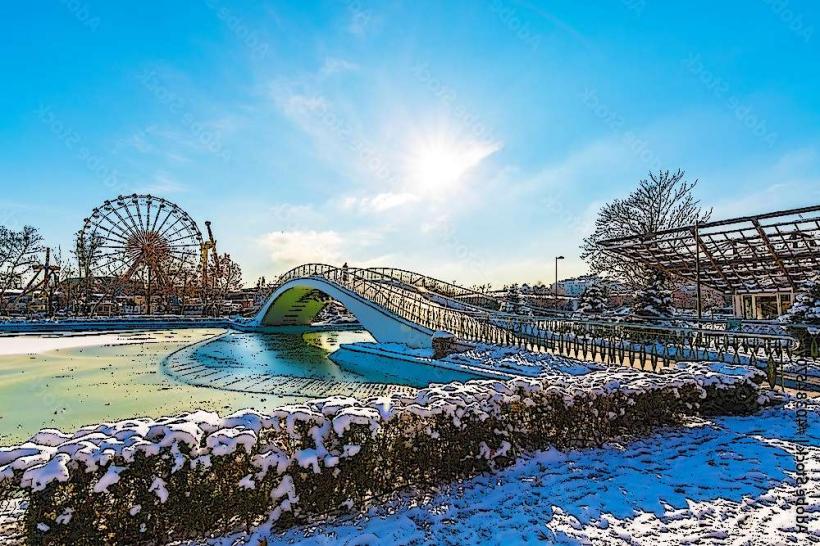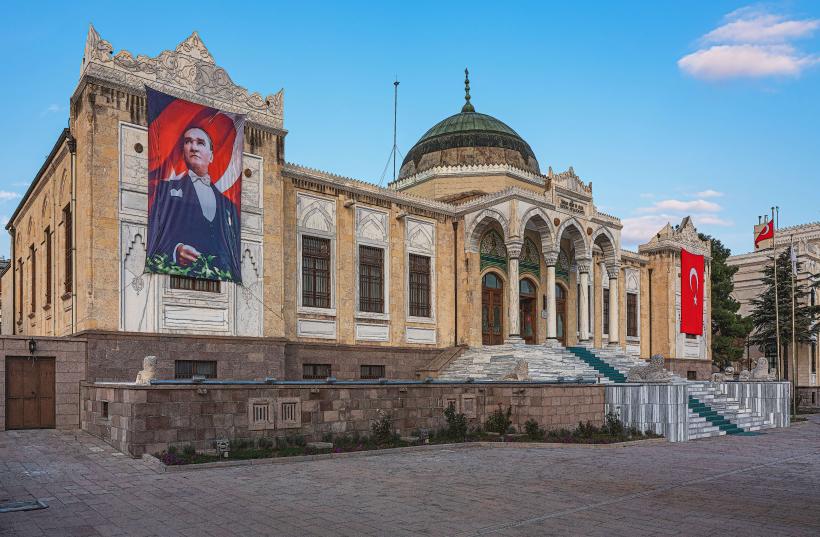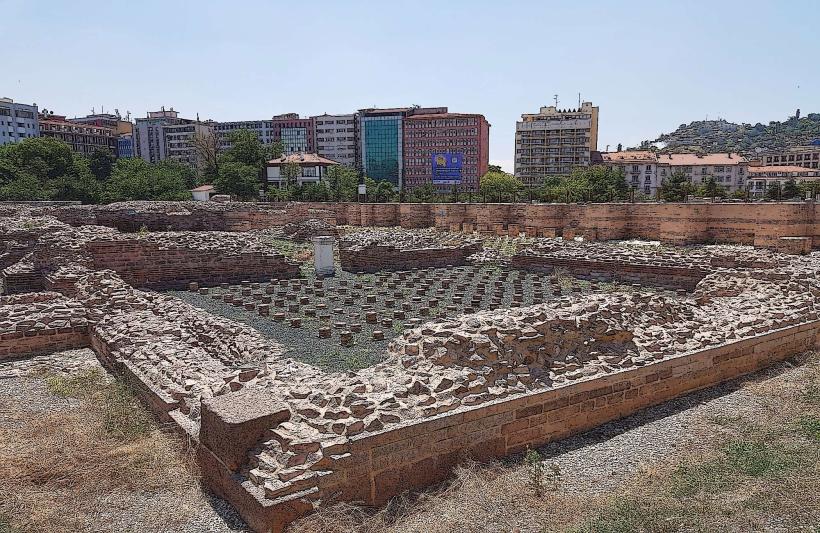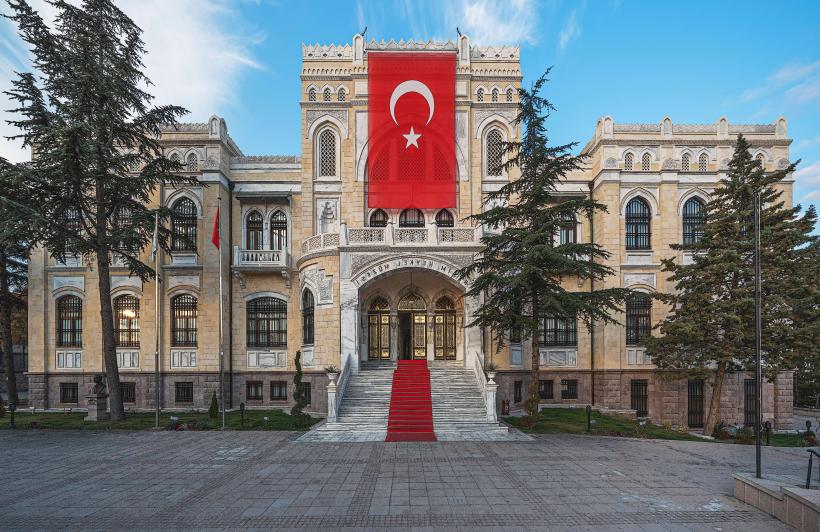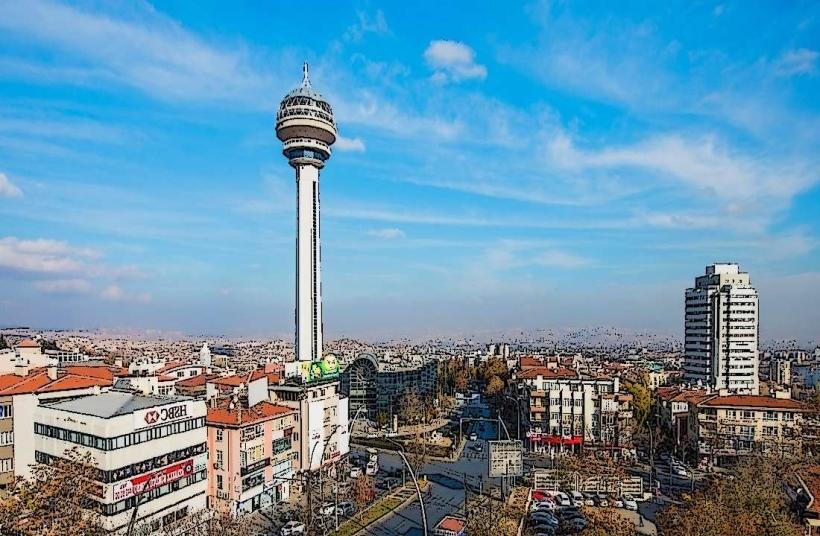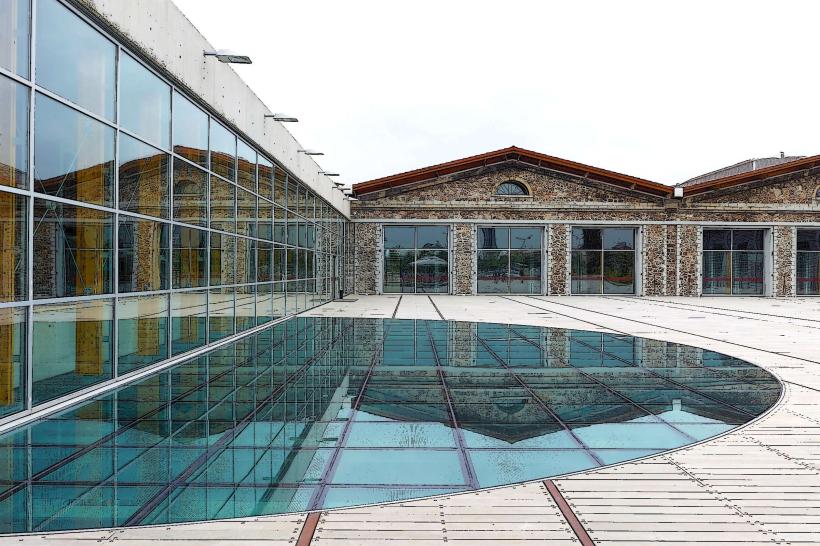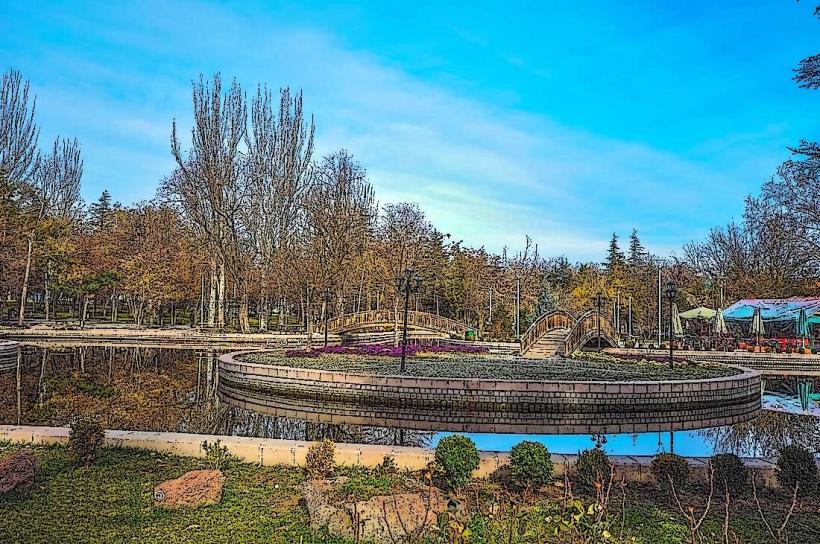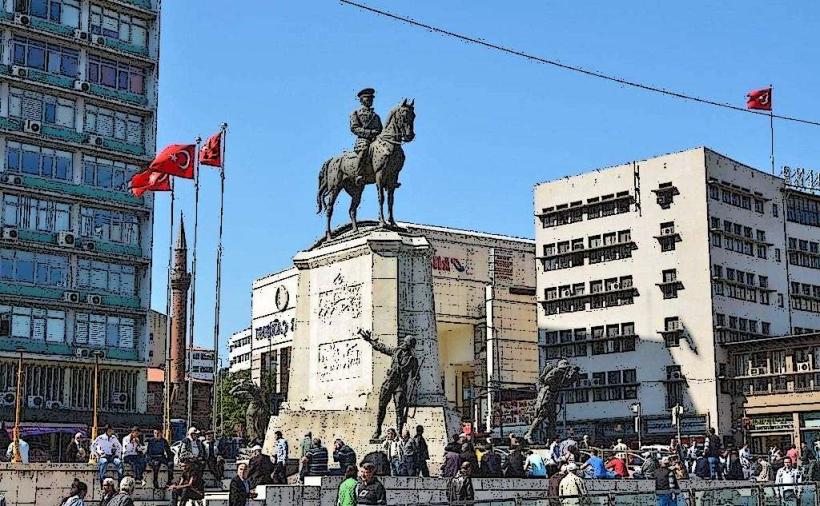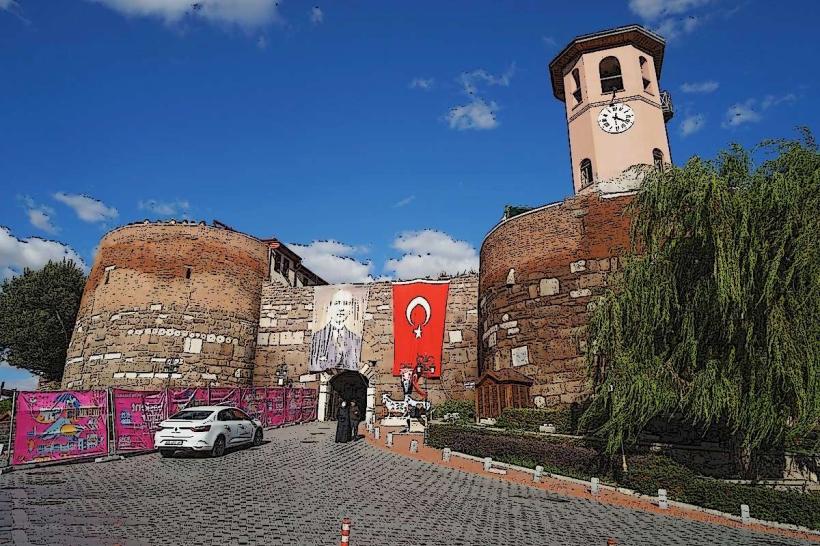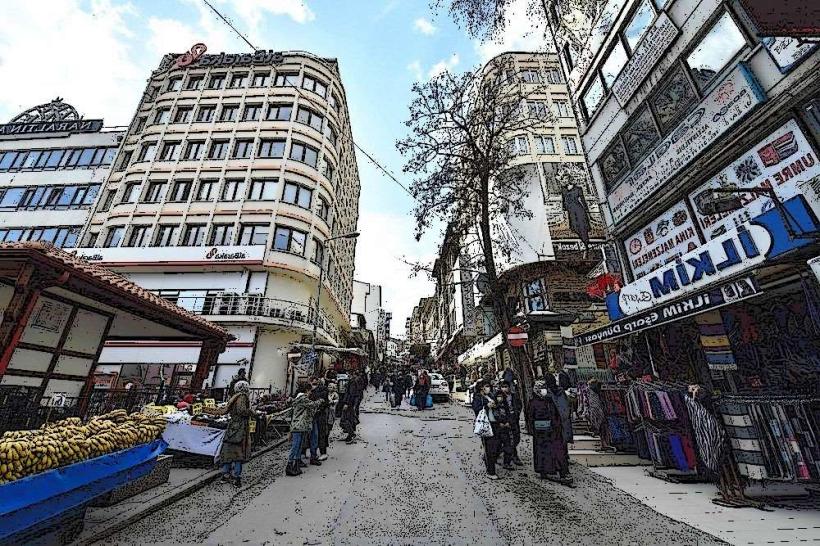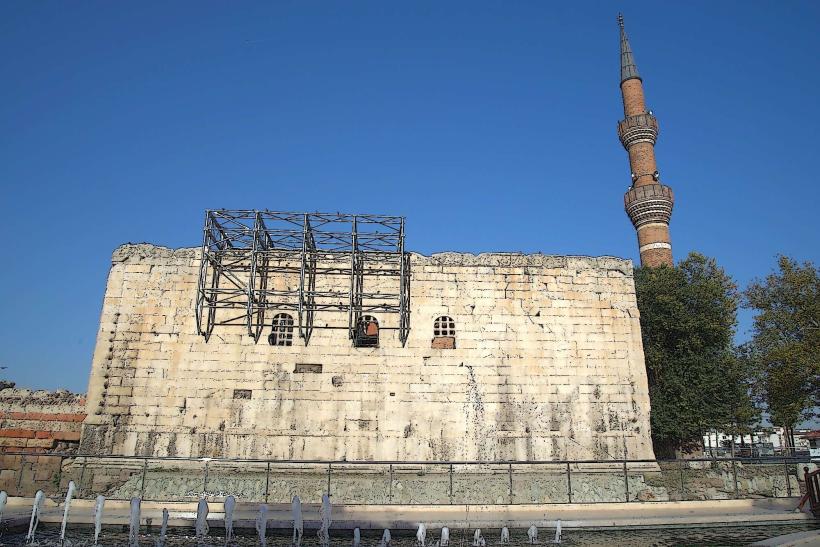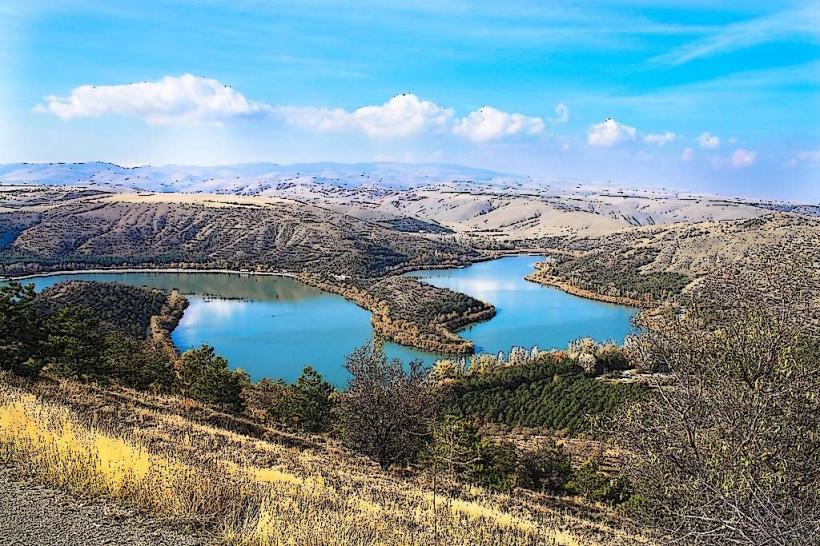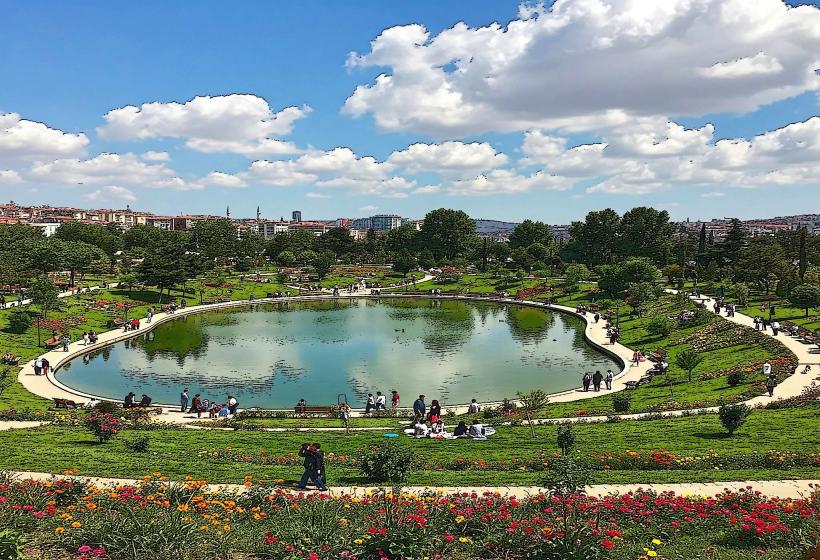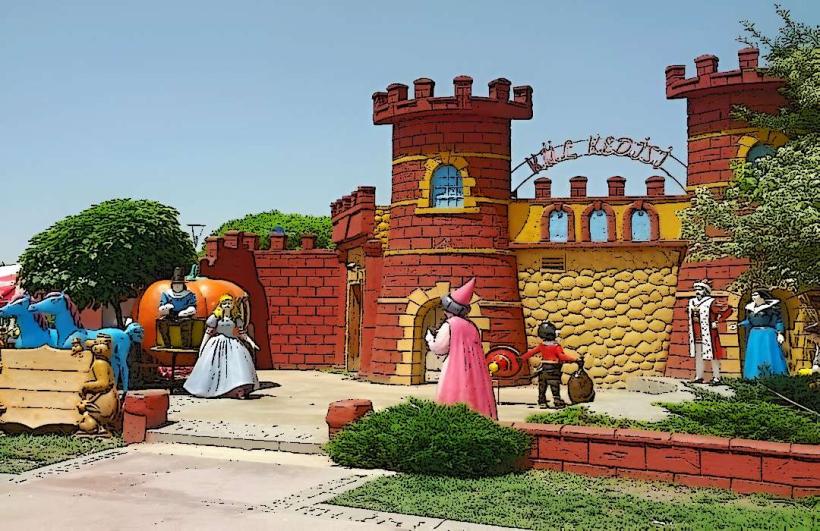Information
City: AnkaraCountry: Turkey
Continent: Asia
Ankara, Turkey, Asia
Ankara serves as the capital of the Republic of Turkey and the country's second-largest city. Situated in the heart of Central Anatolia at an elevation of 938 meters, it is the political, administrative, and educational nerve center of the nation.
Historical Timeline
Ankara has a history spanning over 3,000 years, serving as a regional capital for the Hittites, Phrygians, Romans, and Byzantines. Its modern identity was forged in 1923 when Mustafa Kemal Atatürk designated it the capital of the new Republic, transitioning from a small Anatolian town to a planned modernist metropolis. In 2026, the city is defined by the completion of the "Ankara 2023" urban renewal projects, which modernized the central transportation corridors and expanded the government district.
Demographics & Population
The metropolitan population is approximately 5.85 million as of 2026. The demographic is predominantly Turkish, characterized by a high proportion of civil servants, military personnel, and university students. The median age is approximately 34 years, reflecting a younger demographic than the coastal provinces due to the presence of top-tier national universities.
Urban Layout & Key Districts
Kızılay: The central business district and the city's transport hub.
Çankaya: The prestigious administrative district housing the Presidential Complex, parliament (TBMM), and most embassies.
Ulus: The historic "Old Ankara," featuring Roman ruins, the Citadel, and early Republic-era architecture.
Bahçelievler & Tunalı Hilmi: Vibrant districts known for student life, cafes, and upscale retail.
Top City Landmarks
Anıtkabir: The monumental mausoleum of Mustafa Kemal Atatürk, the founder of the Republic.
Museum of Anatolian Civilizations: Located near the Citadel; houses one of the world's premier collections of Hittite and Neolithic artifacts.
Ankara Castle (Hisar): A hilltop fortification offering 360-degree views of the city.
Kocatepe Mosque: The city's largest mosque, built in a neo-classical Ottoman style.
Atakule: A 125-meter observation and communications tower in the Çankaya district.
Roman Bath & Temple of Augustus: Remnants of the city's status as the capital of the Roman province of Galatia.
Transportation Network
Ankara features a well-integrated transit system using the Ankarakart.
Metro: Four main lines (M1, M2, M3, M4) and the Ankaray light rail connect the suburban clusters to Kızılay.
Esenboğa International Airport (ESB): Located 28 km north of the city, primarily serving domestic and government-related international routes.
High-Speed Rail (YHT): Ankara is the hub of Turkey’s YHT network, with direct links to Istanbul (4 hours), Konya, and Eskişehir.
Public Transport Cost (2026): A single metro/bus trip is 28 TL ($0.68).
Safety & "Red Zones"
Ankara is generally considered safer than Istanbul in terms of petty crime, though standard vigilance is required in crowded areas like Ulus. As the seat of government, it is prone to large-scale political demonstrations. The Kızılay Square and areas near the Parliament are "red zones" during protests and should be avoided to prevent police intervention or detention. Avoid the border districts of the Altındağ area late at night.
Digital & Financial Infrastructure
Financial systems are highly advanced; Visa, Mastercard, and Troy (national card) are accepted universally. Ankara is a major center for defense and aerospace technology, resulting in high-speed 5G availability across most of the city. Unlike nearby Russia, there are no restrictions on Western social media, though state-level internet throttles occasionally occur during national security events.
Climate & Air Quality
Ankara has a continental climate. Winters (December–March) are cold and often snowy ($−5^{\circ}\text{C}$ to $5^{\circ}\text{C}$); summers (June–August) are hot and very dry ($28^{\circ}\text{C}$ to $35^{\circ}\text{C}$). Air quality is moderate, though the city’s bowl-like topography can trap vehicle emissions and heating smoke during stagnant winter days.
Culture & Social Norms
The social atmosphere is more formal and "buttoned-up" than Istanbul’s, reflective of its bureaucratic workforce. Tipping of 10% is expected in restaurants. Respect for the Republic’s symbols and Atatürk is strictly enforced; insulting national icons is a criminal offense. Dress code in government and business districts is professional.
Local Cost Index
1 Espresso: 75–95 TL ($1.80–$2.30)
1 Standard Lunch (Kebap): 220–350 TL ($5.30–$8.50)
1 Taxi Start: 30 TL ($0.73)
Nearby Day Trips
Gordion: The ancient capital of Phrygia and site of King Midas’s tomb (90 km).
Beypazarı: A historic town famous for its Ottoman wooden houses and silver craftsmanship (100 km).
Cappadocia (Göreme): 3 hours by car or bus; frequently visited via Ankara as a gateway.
Facts & Legends
A verified historical oddity is that the Angora Goat, Angora Rabbit, and Angora Cat all originate from this region ("Angora" being the former name of Ankara). A prominent local legend concerns the Citadel, which is said to have been built over such deep subterranean tunnels that the Hittites could move entire armies beneath the city undetected during sieges.

